How to Stop SnoringWe get a commission from the mattress manufacturer
when you make a purchase through the links or with the coupon code in this post.
For more information view our ratings and disclaimer page.
People who snore may sometimes be the butt of jokes at parties and family get-togethers, but anyone who suffers sleepless nights next to a partner breaking the decibel level is certainly not laughing; and disrupted sleep or lack of rest can lead to a range of physical, psychological, and relational problems for snorers and their partners.
While it’s estimated that 45 percent of normal healthy adults snore at certain times and a quarter do so habitually [1], persistent snoring may point to underlying health problems.
Apart from its connection to breathing problems like sleep apnea, it has been directly connected to daytime sleepiness in 80 percent of cases, obesity in 73 percent of cases, and chronic fatigue in 78 percent of cases [2]. It has been linked with metabolic syndrome [3] and a recent study even linked frequent snoring in females to poorer survival rates of patients with breast cancer [4]. Snoring in children can be very serious too.
These are all clear indications that snoring should not be taken lightly or treated as ‘one of those things’.
But what causes snoring and, more importantly, how can you stop it?
What Is Snoring?
When air cannot pass through the back of the mouth, throat, and nose smoothly, it causes the surrounding tissues to vibrate, resulting in the ‘rattling’ or snorting sound that we call ‘snoring’. This is particularly common where the tongue and the upper throat meet the soft palate.
Not everyone is equally susceptible to snoring. There is a common anatomical cause that usually worsens with age: people with excess throat and nasal tissue in the area detailed above are more likely to suffer from snoring than those without. This is often seen more in overweight people. Snoring may also result from the position of the tongue in the mouth during sleep, which can obstruct easy breathing.
Before looking for a way to stop snoring, you need to understand exactly what is causing it. Why is nose and mouth tissue vibrating excessively and producing that sound? There is more than one reason, just as there is more than one way to prevent snoring.
The Anatomical Causes of Snoring
One or more of the following may apply when a person snores:
- A long soft palate and/or uvula: a long soft palate narrows the opening between the nose and the throat, and an extended uvula (the skin hanging down at the back of the throat) may vibrate when air passes over it.
- Overly relaxed tongue and throat muscles: while some degree of muscle relaxation is normal during the deepest sleep, excessive relaxation can cause the tongue to fall backwards into the airway or the throat muscles to draw in and partially obstruct the free flow of air.
- Excessive throat tissue: this may be genetic, due to being overweight, or because of a health problem. Either way, it will impede the normal flow of air through the passageways.
- Blocked nasal airways: when nasal passages are blocked, more effort is required to force air through. This produces an exaggerated vacuum in the throat, causing the floppy tissues to vibrate.
Underlying Causes of Snoring
Now we know what’s happening physically during snoring, we need to consider the factors that cause or exacerbate these abnormal reactions. What is making the free flow of air through the mouth, throat, and nostrils more difficult?
This is the key to solving the problem of snoring – and there are several potential factors to consider:
- Being overweight or obese: This is one of the most common underlying causes of snoring. It’s not hard to see why now you know the anatomical reasons. Poor muscle tone and excess fatty tissue can affect the throat area as well as other areas of the body, creating the physical condition for snoring to occur. That said, thin people can snore too and people of normal bodyweight may carry excess weight around the neck and throat area, which contributes to the problem.
- The Age Factor: During middle age and beyond, the throat usually narrows and, if not kept in shape, the muscle tone in the throat also becomes less defined.
- Illness or Disease: Illness can cause the nasal passageways to become blocked and sinus problems to result. A stuffy nose from cold or flu makes inhalation more difficult and the resulting vacuum in the throat area leads to snoring. Hay fever or sinus infections are also quite common causes. In rare cases, cysts or tumours can also narrow the airways and make snoring more likely.
- Alcohol, Smoking, and Pharmaceuticals: Alcohol can affect muscles relaxation and create the perfect conditions for snoring. Pharmaceuticals like diazepam (Valium) increase muscle relaxation, and smoking is also known to restrict the air passageways.
- Sleeping Position: Generally, people who sleep on their backs experience relaxation of the flesh in the throat. This can end up blocking the airways and leading to snoring.
- Physique and Gender: The way you’re built also plays a major role in your potential to snore. Women are less likely to snore, as they have wider air passages, but many other physical features can increase the likelihood: a cleft palate, enlarged adenoids, a narrow throat, large tonsils, or deformities of the nose or septum. These are often hereditary reasons that are difficult to change and the problem must therefore be managed carefully.
Snoring vs. Sleep Apnea
There is some confusion between simple snoring and sleep apnea. Most people with minor breathing problems while sleeping will suffer some type of snoring that is not serious and can be relatively easily managed and controlled.
However, a proportion of people have a deeper disorder called Obstructive Sleep Apnea (OSA). This is defined as a “partial or complete collapse of the upper airway caused by relaxation of the muscles controlling the soft palate and tongue” [5].
This results in the cessation of breathing for at least 10 seconds, usually multiple times per night and, in the most serious cases, several hundred times per night.
In addition to the problems associated with consistently waking up to breathe (lack of proper rest, daytime tiredness and headaches etc.), the breathing problems result in a lack of oxygen in the blood, causing the heart to work harder. It’s easy to see how this could create serious health problems, such as heart attack and stroke. This is why it’s so important to diagnose it.
Source: Sleep Apnea Diagram
While loud and frequent snoring may be a symptom of sleep apnea, not all people who snore have sleep apnea [6]. However, it is surprisingly prevalent, with around 1 in 5 U.S. adults experiencing mild OSA and 1 in 15 with moderate to severe OSA. This makes its prevalence similar to that of asthma and diabetes [5].
Sleep apnea is most commonly treated by wearing a CPAP nasal mask that opens the airway by applying a small amount of pressure during sleep; in extreme and rare cases, surgery is performed.
First step: diagnose your snoring ‘type’
It’s usually possible to control and manage your snoring with some lifestyle changes, sleeping routine changes, and exercises.
But before doing this, it’s important to understand your ‘type’ of snoring and what’s causing it.
Some people get help from their partner to monitor their snoring over a period of time, in order to identify snoring ‘patterns’. This usually helps to diagnose what’s causing the snoring and what aggravates it: a great first step to doing something about it.
This approach has the added advantage of showing care for the wellbeing your partner. Excessive snoring can strain relationships, so it helps to show your partner that you are investing in the relationship by helping them enjoy better sleep too.
Your partner might even like to keep a journal.
These are the types of questions that they should be looking out for when observing your sleep:
- When does the snoring start?
- How long does each snoring ‘bout’ last?
- What stops the snoring?
- How loud is it and where, in particular, is most of the noise coming from?
- Is the mouth closed or open when snoring?
- What sleeping position seems to trigger the snoring?
- Does snore occur in every sleeping position?
- Is breathing otherwise quite normal – or is there gasping or choking?
The answers to such questions will tell you a lot. For instance, if the mouth is closed, it may indicate that the problem is more with the tongue than the throat; and if snoring happens in all sleeping positions, it may indicate a more complex solution is needed. If snoring is loud and frequent, and breathing appears to be irregular, very shallow, or pausing regularly, then tests for sleep apnea may be required.
Also note whether you are especially tired during the day, as this can be an indication of something more serious than simple snoring.
Alternatively, to diagnose the cause of your snoring, you can enlist the help of an otolaryngologist (an ENT specialist) to examine the key structures of the nose, mouth, throat, palate, and neck, usually with the assistance of a fibre-optic scope. This may reveal the cause of the snoring, especially if it is due to nasal allergy or infection, nasal obstruction, or enlargement of the tonsils and adenoids.
If that doesn’t work, a home-based test may be run with a portable monitor; or a sleep study may be performed in a clinic to determine the cause of snoring. Remember that it’s very important to rule out sleep apnea as the cause.
Treating your snoring
Your snoring may be with you for life – but there are a variety of ways to help you manage it and help you AND your partner enjoy better rest.
These largely fall into three categories:
- Natural, self-help treatments
- Surgical treatments
- Snoring devices
The following infographic summarizes the options available to you in each of the three categories…
How to Treat Snoring: An Overview
Self-Help Treatment
Most light snorers can improve their problem with a few simple lifestyle changes or self-help treatments:
- Exercise and be more active – this should help you sleep better in general
- Lose weight to reduce fatty tissue in the throat and neck area – but thin people snore too!
- Improve muscle tone with some throat exercises (see below)
- Sleep on your side – tie a tennis ball to the back of pyjama your top to make back sleeping uncomfortable
- Eliminate tranquilizers, sleeping pills, and antihistamines, as they relax throat muscles
- Avoid alcohol and snacks for 4-5 hours before you sleep
- Quit smoking, as it irritates the nasal and throat membranes and may block airways
- Establish a regular sleeping routine that works for you and your partner – being overtired may worsen snoring
- Elevate the head of your bed a few inches to ease breathing
- Use a special pillow to ensure that your neck muscles are not compressed
- Clear your nasal passages before bedtime – take a hot shower, use nasal strips, rinse sinuses with saline, or use a decongestant
- Change pillows regularly to reduce dust mites and other allergens
- Use a humidifier to create more moisture in the bedroom; dry air irritates the membranes
- Drink enough water – dehydration causes secretions in the nose and soft palate to become stickier, leading to more snoring
Throat Exercises
The following throat exercises can help strengthen and tone muscles in the throat to lessen the likelihood of snoring:
- Repeat each vowel (a-e-i-o-u) out loud for three minutes a few times a day.
- Place the tip of your tongue behind your top front teeth. Slide your tongue backwards for three minutes a day.
- Close your mouth and purse your lips. Hold for 30 seconds.
- With mouth open, move jaw to the right and hold for 30 seconds. Repeat on left side.
- With mouth open, contract the muscle at the back of your throat repeatedly for 30 seconds. Tip: Look in the mirror to see the uvula (“the hanging ball”) move up and down.
One final throat exercise TIP: Try taking up a wind instrument or singing; this will exercise your throat muscles while you’re also doing something creative!
Surgical Treatments
There are several surgical measures that can be taken if self-help remedies do not work:
- Surgery: Uvulopalatopharyngoplasty (UPPP), Thermal Ablation Palatoplasty (TAP), tonsillectomy, and adenoidectomy all increase the size of the airway by removing tissues or correcting abnormalities.
- Laser-Assisted Uvulopalatoplasty (LAUP): the uvula tissue at the back of the throat is shortened and incisions are made in the soft palate on either side.This stiffens the surrounding tissue to prevent the vibrations that cause snoring.
- Palatal Implants: small plastic implants are inserted into the soft palate.This prevents it from collapsing (often the cause of snoring).
- Somnoplasty: tissues of the uvula and soft palate are removed using radio frequency heat.
Anti-Snoring Devices
There are several hundred medical devices marketed as ‘anti-snoring’ devices. The following are the most popular and effective:
Continuous Positive Airway Pressure (CPAP)
The most common treatment for sufferers of sleep apnea. A bedside machine blows pressurized air into a mask that you wear over your nose or face while sleeping, keeping the airways open.
Anti-Snoring Mandibular Appliance
Source: Snore RX
Custom-made by a dentist or assembled from a kit. These are usually plastic devices worn in the mouth to open the airway, bringing the lower jaw and/or tongue forward during sleep.
Anti-Snoring Mouth Guards
Source: Good Morning Snore Solution
Devices made and manufactured to reduce snoring. Usually a rubber polymer that is designed to gently pull the tongue forward, opening your airway and preventing snoring.
Devices to prevent back-sleeping
When snoring is worse when sleeping on your back, devices that make it uncomfortable to sleep in that position, and encourage you to sleep on your side, may help.
Snoring ‘Alarm’ Devices
Source: The Nora
Devices like The Nora are activated when a person snores. The device gently moves the position of your head stimulating muscles in the throat and airway to prevent snoring. It does this by inflating or deflating an insert in the pillow.
Final thoughts on snoring
Snoring not only be harming your own sleep. It may indicate deeper-seated health problems or be causing others to have poor rest. It can put strain on relationships with loved ones and cause undue resentment, stress, and anxiety, as well as irritability from persistent tiredness.
Raising the subject with your partner is nothing to be embarrassed about. It’s a purely physical issue that can be managed and controlled.
For light, infrequent snorers this can usually be achieved by taking a few simple self-help measures to prevent snoring. But even for heavy, regular snorers, there are ways to manage it better.
Understanding your snoring is the first step to remedying the problem. Diagnose the cause and if the array of self-help, natural remedies fail to work, then you have medical options available to you, and surgery as a last resort.
Either way, don’t leave your snoring to create more problems – address it and put it to bed once and for all!
References
- American Academy of Otolaryngology–Head and Neck Surgery website http://www.entnet.org/content/snoring-and-sleep-apnea
- Hunsaker DH and Riffenburgh RH. Snoring significance in patients undergoing home sleep studies. PMID:16647530 DOI:10.1016/j.otohns.2006.01.017
- American Society of Sleep Medicine website: http://www.aasmnet.org/articles.aspx?id=1973
- American Society of Sleep Medicine website: http://www.aasmnet.org/articles.aspx?id=6260
- RESMED website: http://www.resmed.com/us/dam/documents/products/dental/Narval-CC/facts-and-figures/1015527r3_narval-cc-mrd_facts-and-figures_amer_eng.pdf
- American Sleep Apnea Association http://www.sleepapnea.org/is-it-snoring-or-sleep-apnea.html


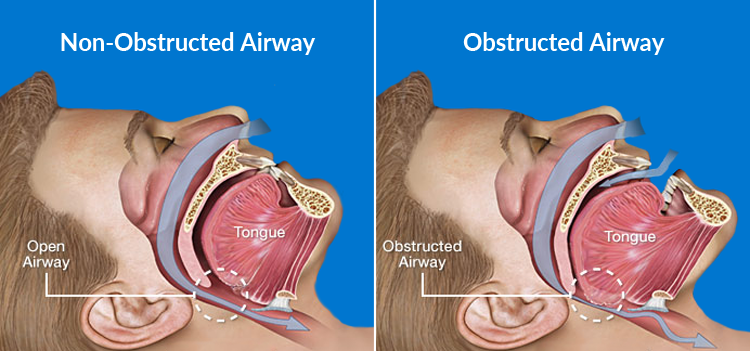
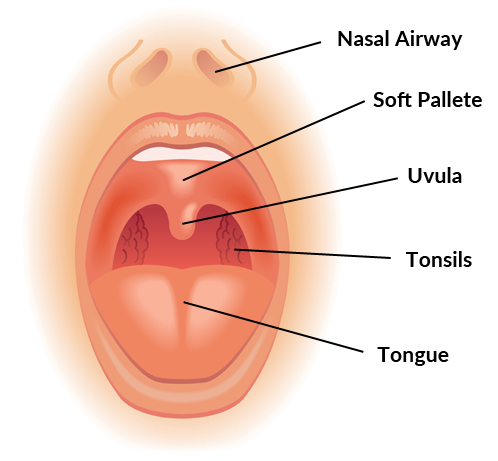

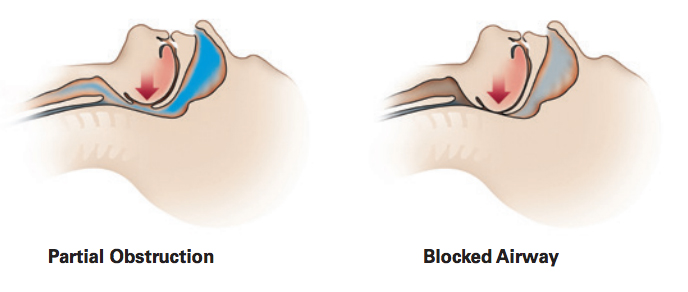
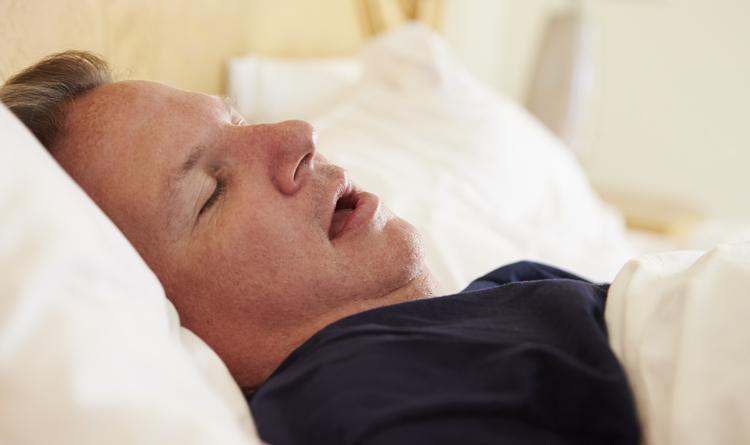
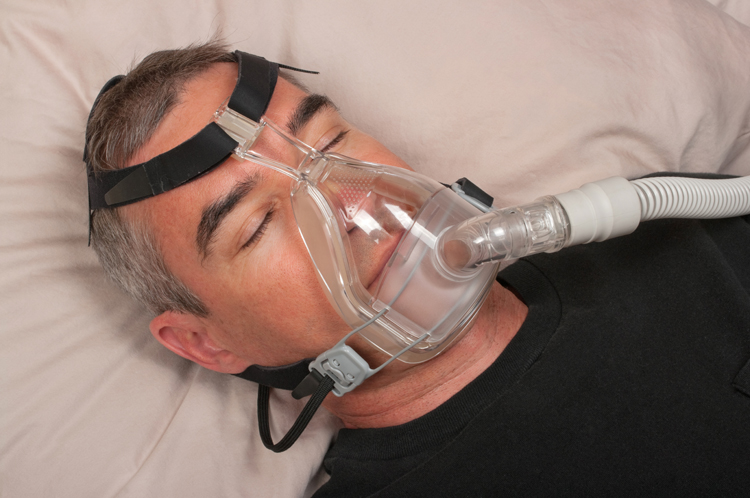


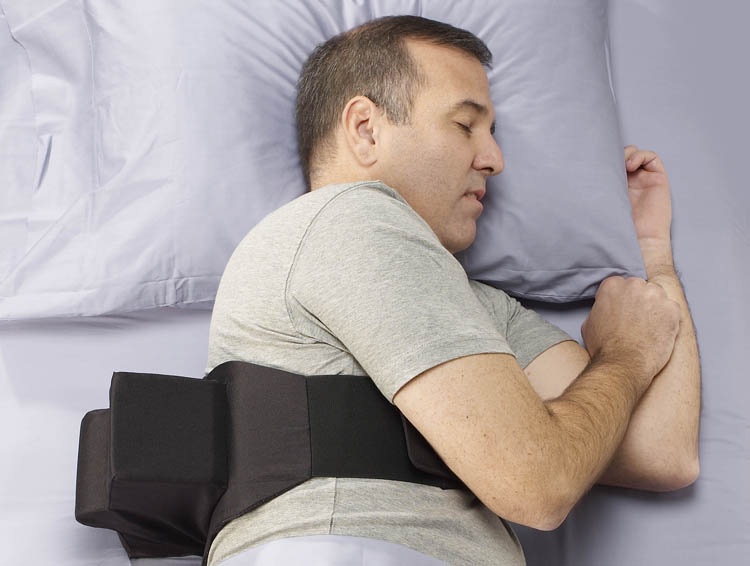
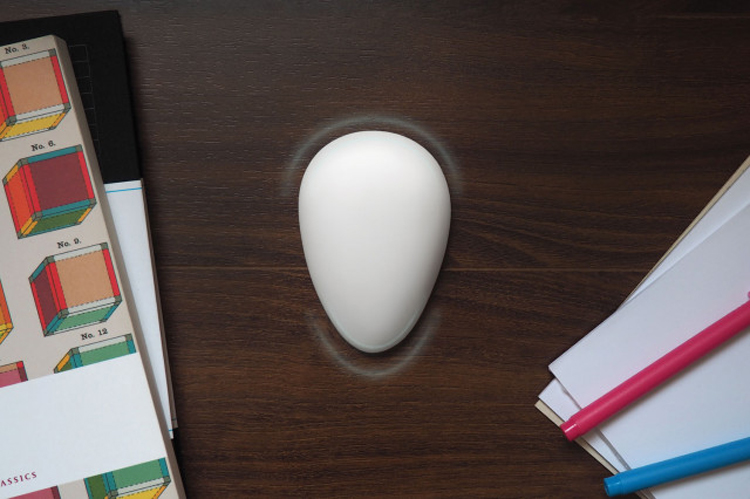

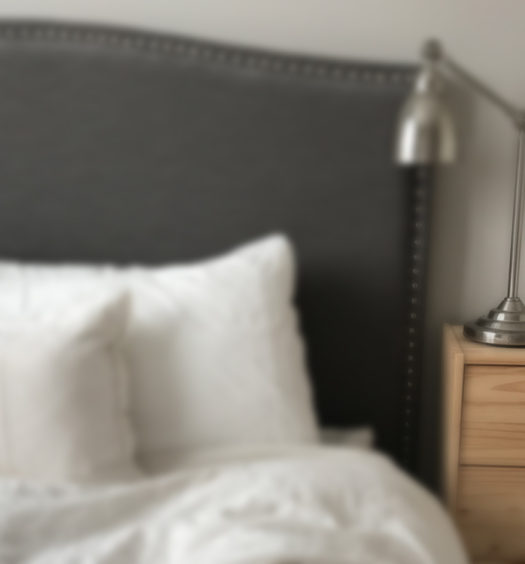
Comments